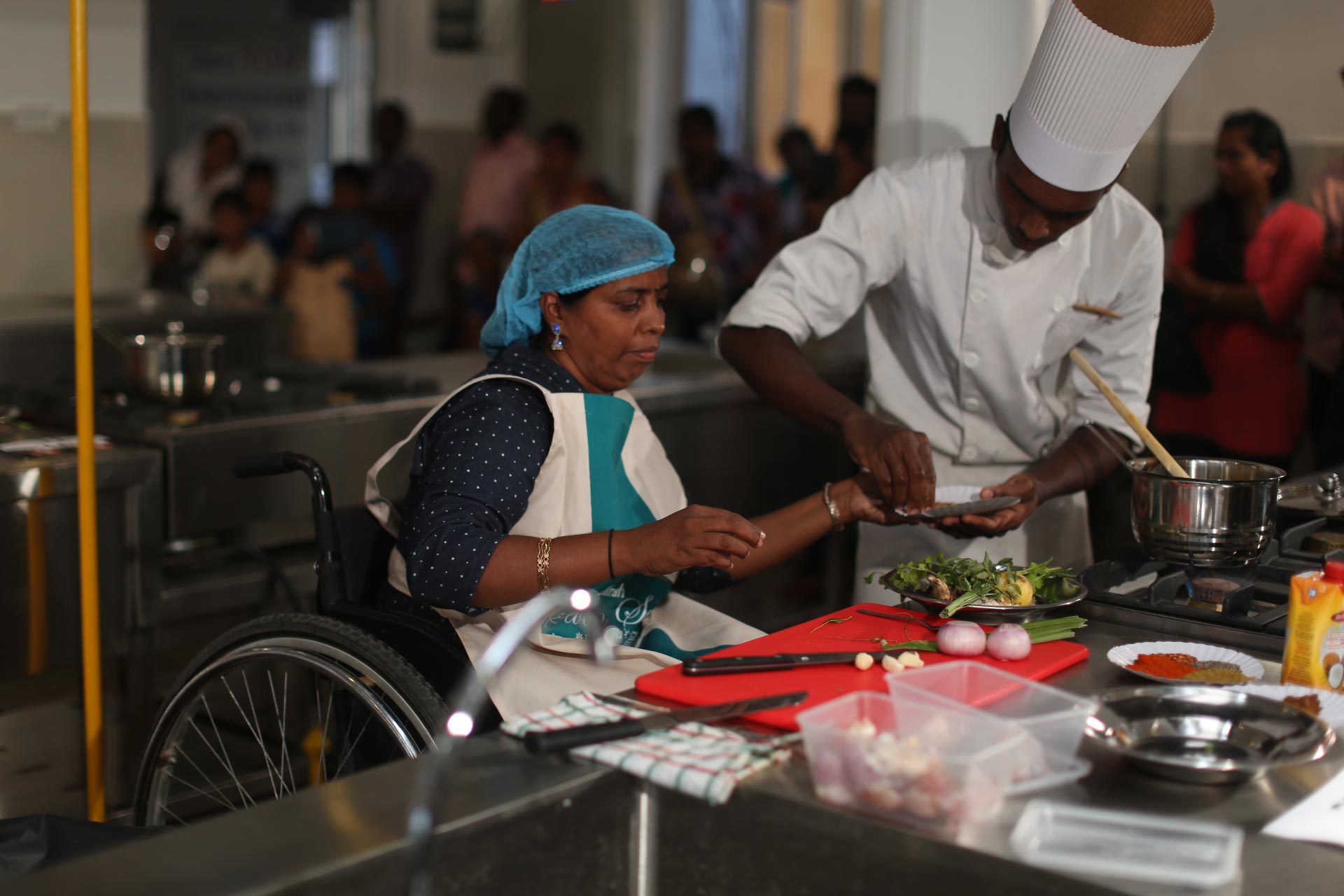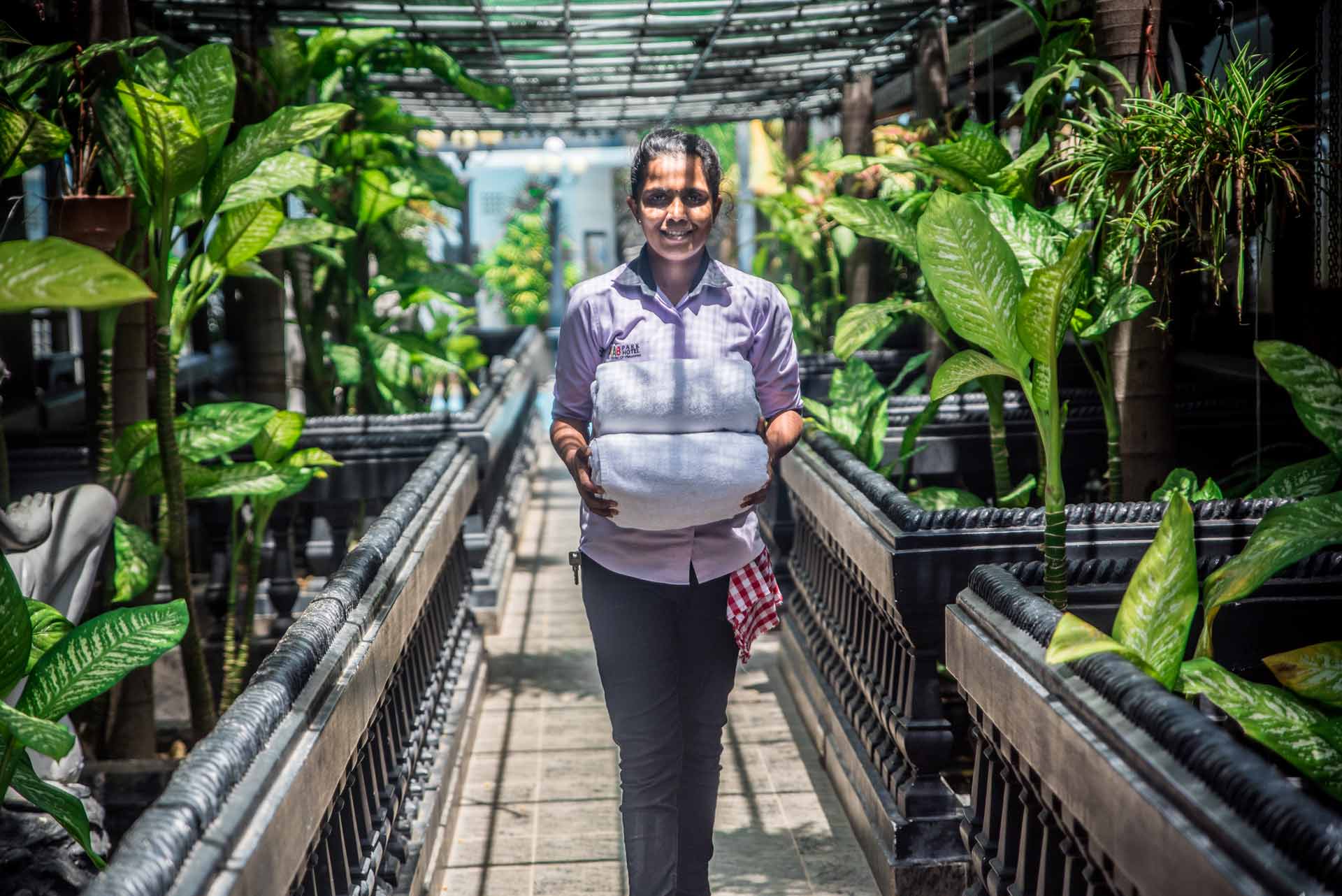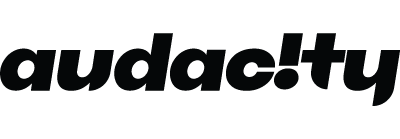Building Capacity and Creating Opportunities in Tourism
Skills for Inclusive Growth is a program that supports skills training, job creation and business growth across the tourism sector in Ampara, Batticaloa, Polonnaruwa and Trincomalee. The program is an initiative of the Australian Government, in partnership with the Sri Lankan Ministry of Skills Development, Employment and Labour Relations.
Since its inception in 2017, the program has been helping with skills development initiatives across the tourism value chain – from food and beverage suppliers to tours to cultural activities to content creation. The program firmly believes that providing access to tourism skills development enables individuals and businesses to cater better to the needs of a growing and diverse tourist market.
Skills for Inclusive Growth (S4IG) has a strong focus on vocational and technical training for women and people with disabilities, in a bid to support these groups to gain or improve their status of employment. The program works to facilitate the creation of opportunities for low-income individuals working in the informal sector. It has created inclusive models that can be replicated across the island, for different communities, with different stakeholders be they government or private sector.
We spoke to Sharanya Ravikumar, Senior Manager – Planning, Inclusion & Results at Skills for Inclusive Growth to understand what diversity and inclusion in tourism really means for Sri Lanka and where we currently stand.
Non-Traditional Opportunities in the Tourism Value Chain
Sharanya explains that most often people consider tourism jobs to only include opportunities within the accommodation/hospitality sector. So, a key area of communication for S4IG has been to help people understand that tourism is far more than accommodation services. A part of the challenge has been to get people to see the potential in different sub sectors of the tourism value chain – food and beverage, transport, culture, arts and crafts, agriculture, etc.
S4IG has been highlighting the potential in community tourism activities, based on assets which are already present in the community. For example, a fishing experience, tour of a local farm, a traditional cooking class, cultural event or local craft can become a tourism product and create income earning opportunities for many within the community. We have women and persons with disabilities – role models – working in tourism. Their personal stories can inspire others and be an example of what is possible. Learn more about Krithika who has found exciting opportunities for herself as well as other women.
Developing Specialised Skills for Tourism
S4IG has also focussed on building the different types of skills required for different opportunities within the tourism sub sectors. Sharanya points out that they are not promoting stereotype jobs in tourism any more. They are moving away from low-skilled tourism related jobs to those that are more skilled, especially for women and people with disabilities. The intention is to show them the options available for high-skilled work in the sector – to give them a choice instead of letting them settle for low skill options. Some of the initiatives carried out in this regard include a Women’s Surf Club in Ampara, Women in Tech program and a Women’s Tour Guide program in the Eastern Province.
Skills inadequacy is another major challenge for these segments. Many women and differently abled individuals have a passion and drive to work in the sector, but are lacking the specialised skills required to get through the door. Very few tourism operators have work place related opportunities and training such as internships and on-the-job training programs for these groups. Furthermore, access to formal skills and vocational training and assessments can be limited, due to a lack of awareness and information, lack of career guidance, or limitations due to disabilities.
This is something that S4IG realised early on in its engagement, and as a result has put in place a number of programs to allow women and people with disabilities to build the skills they need to enter the sector. S4IG also came to the realisation that the National Qualification Framework posed a huge obstacle to those with disabilities, as all assessments were only conducted in written form. Having lobbied the Tertiary and Vocational Education Commission (TVEC) on this matter, they are pleased with the TVEC’s new policy which allows for the reasonable accommodation of persons with disability, so that they can complete their final assessment in an alternate way. All students will not be required to sit a written exam, but depending on their limitation, the assessor can decide and provide reasonable accommodation for the completion of assessment.
 Kavitha, participating in Supreme Chef Season One second round selection process.
Kavitha, participating in Supreme Chef Season One second round selection process.
The Importance of Inclusive Human Resource Policies
Another key issue that keeps women and people with disabilities from entering tourism is a lack of policy and framework in terms of HR best practices in the informal sector, and a lack of organised bodies to regulate this area. There needs to be adaptations made by businesses to reasonably accommodate women and people with disabilities in the workplace, but there is no best practice guide or legal requirement for businesses to do so.
Not many small businesses think that it is important to create an enabling environment for women and differently abled people to work. An enabling environment can include, working conditions, providing a separate restroom or changing room and tool adaptations for persons with disabilities. For example, working in a kitchen requires you to stand for long periods of time, but a person with a prosthesis may not be able to do so. Therefore, some kind of assistance or tools need to be considered and accommodated for those with limited mobility. Another challenge that many workers from these segments face is having no formal contract, no stipulated working hours, very low salaries, and a number of other discriminations such as social stigma and attitudinal barriers.
The team at S4IG have done extensive research in this area and developed an HR Toolkit – a good practices manual – for the hospitality industry. They are currently working with the Sri Lanka Tourism Development Authority (SLTDA) to get the toolkit validated so that it can be implemented in the sector. What this means is that when an enterprise registers with the SLTDA, it becomes mandatory that they adopt this HR toolkit, and maybe follow a short HR course to be better equipped to deal with human resource issues, especially with regard to vulnerable segments.
 Participant Sinthujah, Workplace-based Basis Skills Development Project – Housekeeping Unit, JKAB Park & Beach Resort, Trincomalee.
Participant Sinthujah, Workplace-based Basis Skills Development Project – Housekeeping Unit, JKAB Park & Beach Resort, Trincomalee.
COVID-19 and Its Impact on the Jobs of Women and People with Disabilities
COVID-19 has had a detrimental impact on the jobs of women and people with disabilities in the tourism sector. A large number of women who were employed in city hotels have lost their jobs and returned home. This has been a major setback for many who had to work hard to get these jobs in the first place.
Furthermore, the pandemic and its resulting restrictions on travel means that many SMEs are struggling and are forced to reduce their staff. Those who are retained are staff members who can do a number of different tasks to keep the business operational. This has proved to be challenging for women and people with disabilities, as there are certain tasks that they are not skilled for, or are physically unable to do. In most instances, it is these workers who get laid off first.
S4IG believes that one way to overcome this is by training these segments to acquire diverse skills, so that employers see value in retaining them. S4IG also believes that women and people with disabilities can look at gaps that may have now risen in the sector and create opportunities for themselves. For example, Sharanya points out that destination promotion is going to be of utmost importance in the post-COVID environment, to attract both domestic and international travellers. An authentic and interesting presentation of the unique characteristics of a destination is important, especially when targeting domestic travellers.
This associates a lot of new thinking and new skills. Using technology, organising events in the regions, leveraging partners (private, donors, investors), negotiation skills and leadership skills are all important to help create successful regional destination promotion campaigns. S4IG has been advocating women and disabled people to take up these opportunities, which can easily be done from home and doesn’t require a formal job or position in a business. Activities such as marketing, branding, video content of the destination, social media posts, cultural events, etc. can be undertaken by individuals who have a passion and drive to get things done.
The program implemented by S4IG can be considered a pilot project, currently limited to just four districts on the island. However, the success of the program and all the insights and learnings the team has documented over the years can greatly help in rolling out similar initiatives throughout the country, especially in more impoverished communities.
We are all well aware of the potential in tourism to impact social and economic development, but we do need to focus more resources and effort to equip and empower the structures and people, training them with the right skills, creating equal opportunities, being mindful of inclusivity, so that tourism can truly be for everyone.
Please get in touch with S4IG if you want to learn more or get involved. Sharanya can be reached at Sharanya.Ravikumar@inclusivegrowth.com.lk
Banner image features Vindya Vithanage – Proprietor of Hotel Siyathma, Polonnaruwa. Image credits: Skills for Inclusive Growth






